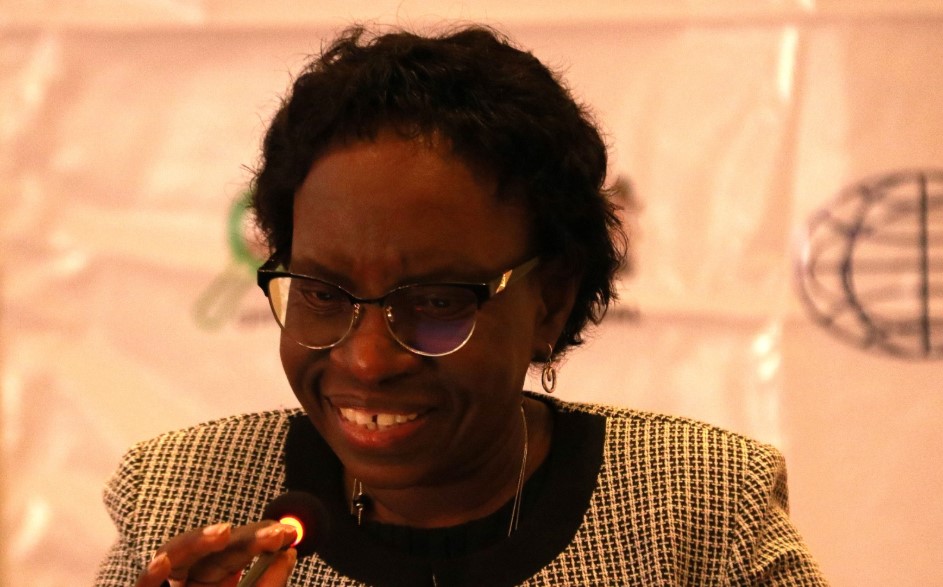Defence, Interior ministries exposed over failure to give emergency spending details

Gathungu flagged the inclusion of these activities in a supplementary budget approved during the year under review, questioning their legitimacy.
Security agencies, including the Ministry of Defence, Ministry of Interior, and Department of Irrigation, have been put in a spot for unexplained spending of Sh1.07 billion “for various emergency situations.”
Auditor-General Nancy Gathungu, in her report for the financial year ending June 30, 2024, exposed that crucial details of payments made by these agencies were not provided for review.
More To Read
- Top schools flagged for illegal fees and uniform procurement in Auditor General’s report
- Auditor General calls for penalties on officers who ignore audit recommendations
- Auditor General Nancy Gathungu warns of pension losses as government delays remittances
- Revenue gaps, budget misalignments hurting service delivery, warns Auditor General
- Auditor General warns Kenya Railways’ Sh569 billion loan default could burden taxpayers
- Audit uncovers Sh13 billion irregularities in Ketraco wayleave payments
The report, submitted to Parliament, disclosed that the Ministry of Defence and Ministry of Interior each received Sh500 million, while the Department of Irrigation was allocated Sh70 million for what was described as “urgent and unforeseen requirements”.
No expenditure returns
However, the audit found that expenditure returns detailing how the funds were spent were not provided to auditors.
“In the circumstances, the validity of the amount disbursed from the fund of Sh1,070,000,000 could not be confirmed,” Gathungu said.
Further scrutiny revealed that Sh3.8 billion disbursed to the State Department for Arid and Semi-Arid Lands (ASALs) and Regional Development was also unaccounted for, with no justification provided for its expenditure.
Gathungu flagged the inclusion of these activities in a supplementary budget approved during the year under review, questioning their legitimacy.
“The propriety of the expenditure could not be confirmed,” she said.
The audit also highlighted irregular spending of Sh130 million by various agencies on projects that did not qualify as emergencies under the Public Finance Management Act, 2012.
This included Sh30 million allocated to the Works Department, Sh65 million to the Crops Development Department, and Sh35 million to the Livestock Department.
“Returns revealed the expenditure was in respect of goods and services that could not meet the threshold prescribed in the Public Finance Management Act, 2012,” Gathungu noted.
The law stipulates that funds from the contingency fund can only be used if the Cabinet Secretary deems the expenditure urgent, unforeseen, and lacking specific legislative authority. However, in the circumstances, “the propriety of the expenditure could not be confirmed”.
The Auditor-General’s office has long decried challenges in accessing documents related to security spending.
To address these issues, amendments to the Public Audit Act have been proposed.
The National Assembly Finance Committee, chaired by Molo MP Kuria Kimani, has introduced changes through the Public Audit (Amendment) Bill, 2024.
The amendments aim to ease auditors' access to documents held by security agencies.
Transparency International-Kenya has backed calls to delete Section 40 of the current law, which mandates pre-audit meetings with top security officials to determine audit approaches and redact sensitive information from reports. The existing law also requires the vetting of employees of the Auditor-General’s office involved in auditing security agencies.
Critics argue that the Auditor-General’s constitutional mandate to audit public accounts should not be curtailed.
Meanwhile, transparency advocates insist that ensuring accountability and transparency in the use of public funds must take precedence over procedural barriers.
Top Stories Today











































